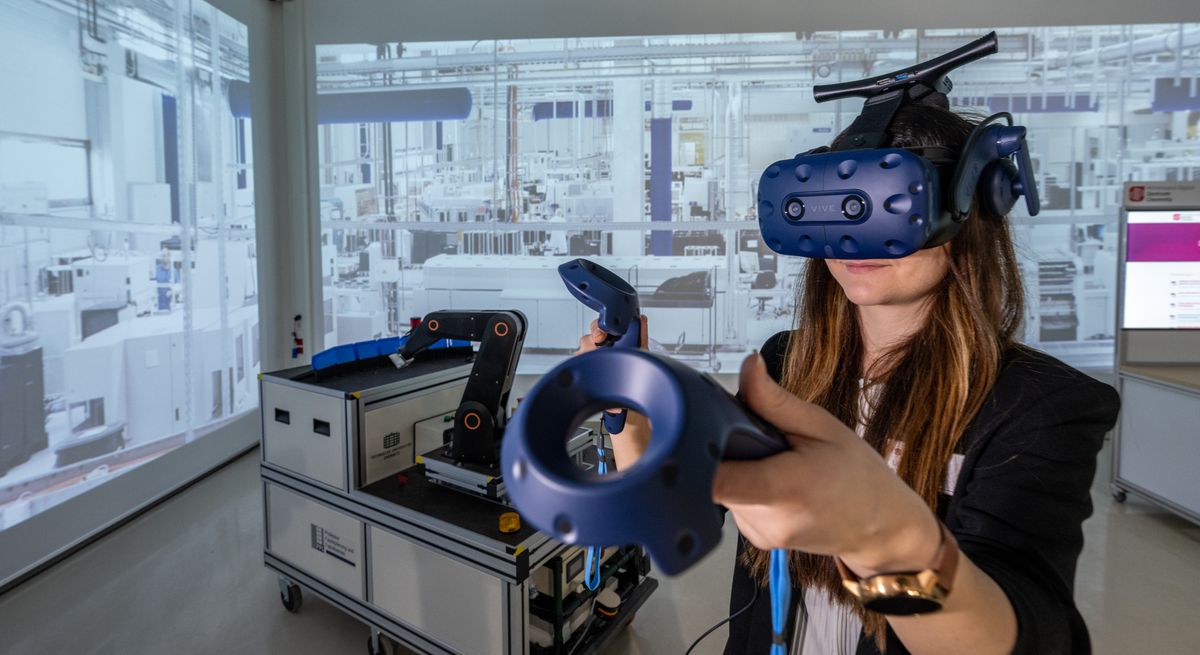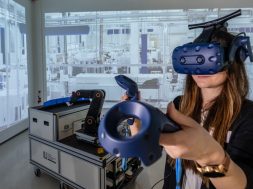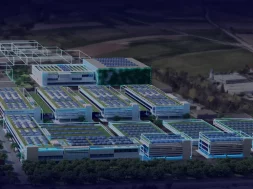
Advancing Industry: Manufacturers Embrace Digital Twins for a Modern Industrial Revolution
The concept of virtual factories is gaining traction in Europe, exemplified by a plant in the Netherlands making electric shavers for Philips. This project, funded by the EU, aims to utilize “digital twins” – virtual factories created through technologies such as AI, cloud computing, and blockchain – to enhance actual production processes.
The goal is to streamline manufacturing processes by using techniques like cloud computing, artificial intelligence, and blockchain to create virtual models of production systems. This approach can identify areas for improvement and reduce reconfiguration times, contributing to Europe’s competitiveness in the global market. The European manufacturing sector faces challenges from international competition and environmental regulations, making technological advancements crucial.
The EU’s €1.15 billion Factories of the Future initiative reflects the importance of manufacturing research and innovation on the policy agenda. This push for innovation is critical for European companies to navigate the Fourth Industrial Revolution, characterized by automation and connectivity. Manufacturers like Airbus and Schneider Electric are exploring digital twin concepts to create virtual manufacturing facilities.
One project, DIMOFAC, focuses on making manufacturing more agile through a “Plug and Produce” system, allowing easier reconfiguration of production lines through the connection of real machines with digital twins. This system can simulate new setups virtually, resolving issues online before implementing changes in the actual factory.
Virtual factory technologies offer opportunities for collaboration, as shown by the FIRST project, which aims to increase efficiency across multiple production sites through digital factories. Such technologies can help manufacturers adapt to the challenges of the modern industrial landscape and optimize production processes.
This article was originally published in Horizon, the European Union Magazine for Research and Innovation.












